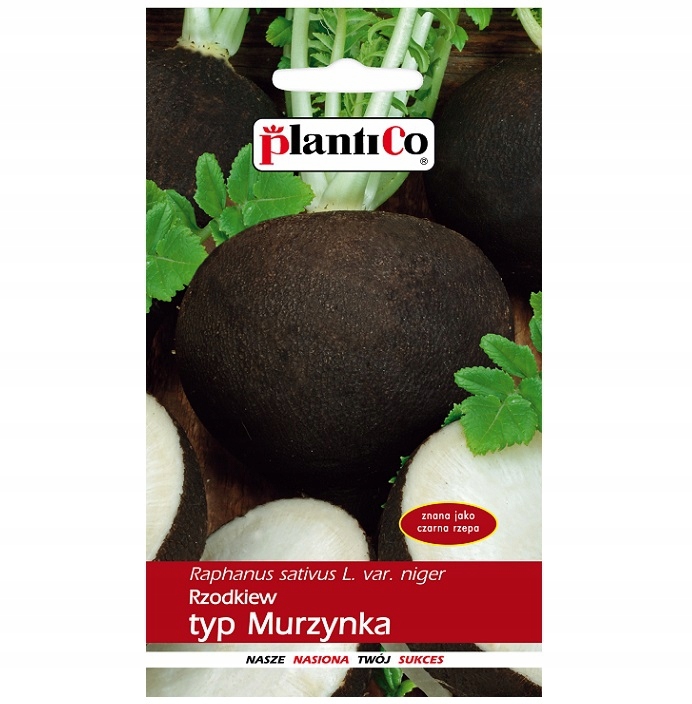|
|
Post by Bonobo on Feb 26, 2017 20:18:20 GMT 1
Polish case 1:
20 years ago, they changed the scale of grading pupils from 2-5 to 1-6 scale. For 1 year the grade 2 was called mierny - poor/weak. In 1999 they changed it into dopuszczający - passing/acceptable.
I thought it was really funny.
|
|
|
|
Post by Bonobo on Jan 1, 2020 15:27:36 GMT 1
Certain Ukrainian woman doesn`t like when Poles say their traditional phrase: na Ukrainie which means on Ukraine. She claims it deprives Ukrainians of their dignity as it suggests Ukraine isn`t independent. She wants to change the phrase into : in Ukraine, like in case of other European countries. Very interesting matter, the first such a protest I have heard of. warszawa.wyborcza.pl/warszawa/7,54420,25551119,ukrainka-z-flaga-pod-dworcem-zachodnim-traktujecie-nas-jak.html#S.DT-K.C-B.1-L.1.duzy  |
|
|
|
Post by Bonobo on Jun 20, 2020 8:23:32 GMT 1
The words Murzyn/Murzynka, meaning a black man and woman, are slowly becoming incorrect. They go back to medieval times and were already popular when slave trade and exploitation were thriving. Black people of Polish origin protest against being called Murzyn although the word is neutral, opposite to czarnuch- blacky (black person). pl.wikipedia.org/wiki/Murzynen.wikipedia.org/wiki/MurzynMurzyn
From Wikipedia, the free encyclopedia
Murzyn (Polish pronunciation: [muʐɨn]) is the most common Polish word for a black person. It is generally seen as a neutral word,[1] while some contemporary critics, mostly of non-Polish ethnicity, claim that it has pejorative connotations.[2]
Contents
1 Etymology, meaning, and usage
1.1 In language
1.2 In Polish culture
2 References
3 External links
Etymology, meaning, and usage
The word 'Murzyn' is derived by borrowing the German word Mohr,[3] derived from Latin Maurus,[4] similarly to the English word 'moor'.[1]
According to the Dictionary of the Polish Language, 'Murzyn' means somebody with black skin. Informally, it can also mean:
Somebody anonymously doing work for somebody else;
Somebody with a dark brown tan;
A hard working person forced to do hard labour.[5]
Murzyn (feminine form: Murzynka, diminutive: Murzynek) can be translated into English as "black man". The standard nominative plural is Murzyni, which is using the "personal masculine" suffix, while the impersonal suffix (that is: Murzyny) is pejorative.[6][7]
However, the word "Murzyn" is largely confused with the English word "Negro", without familiarizing oneself with the fact that the socio-cultural roots of both words are significantly different. Comparing Polish "Murzyn" to English "Negro" without taking into account the word's neutral origins and non-racist historical background has caused the majority of the controversy over the word in recent years. In the opinion of Dr Marek Łaziński, it has also been associated with Shakespeare's 'noble' Othello, usually called a "moor" in English.[8] According to Łaziński the word Murzyn in Polish is sometimes perceived as offensive, though many Poles would defend its use. In comparison, a direct translation of the English word "black", "czarny", does not seem better to him since it often carries negative connotations in Polish, though he feels it may eventually replace Murzyn due to the influence of foreign languages on Polish. Łaziński, writing in the language advice column of the Polish dictionary, suggests that in cases where an individual may perceive Murzyn to be offensive, geographic or national designations should be used.[9] According to Marcin Miłkowski, writing in 2012, the word "previously considered neutral, is now all but banned in newspapers".[10]
According to philologist Grażyna Zarzycka, the word "'Murzyn', which in the opinion of many Poles, including academics, is not offensive, is seen by some black people as discriminatory and derogatory."[2] For Antonina Kloskowska, meanwhile, writing in "Race", ethnicity and nation: international perspectives on social conflict, the word Murzyn "does not carry pejorative connotations.[1] Moreover, the term "black", favoured in the English-speaking countries, which is translated into Polish as "czarny" (literally meaning "black"), is also seen as non-offensive, as this word describes a color (just like the Spanish "negro" literally meaning "black color").
Poland's first black Member of Parliament, John Godson, has said that the word is not offensive and that he is proud to be called a Murzyn.[11] Mamadou Diouf, a black Polish musician and representative of the Committee for the African Community (Komitet Społeczności Afrykańskiej), has criticised Godson for his use of the word.[12]
Another black Polish MP, Killion Munyama, used the phrase sto lat za Murzynami ("100 years behind the Murzyns") while speaking to Godson about the status of LGBT issues in Poland, characterising it as behind the times.[13]
In language
Cafe 'Murzynek' in Warsaw
A saying sometimes used in Poland, Murzyn zrobił swoje, Murzyn może odejść, is actually a quote from the 1783 play Fiesco by German writer Friedrich Schiller (translated from the German as "The Moor has done his duty, the Moor can go"). The meaning of this phrase is: "once you've served your purpose, you're no longer needed".[14]
The English word "ghostwriter" can be translated informally in Polish as literacki Murzyn, in this case a "literary Negro".[15][16]
Murzynek in informal Polish can also mean a popular type of chocolate cake, or a portion of strong coffee.[17]
A murzyn polski ("Polish murzyn") is a variety of black-billed pigeon.[18]
Murzynka, apart from meaning "black-skinned woman", is also a type of strawberry with small, dark red fruit.[19]
Murzyn is also another term for szołdra, a Silesian easter bread.
In Polish culture
A Negress (Murzynka) by Anna Bilińska-Bohdanowicz, 1884
A famous children's poem "Murzynek Bambo" has been recently criticized for imprinting a stereotypical image of an African child.[20] Others argue that the poem should be seen in the context of its time, and that commentators should not go overboard in analysing it.[21] A journalist Adam Kowalczyk says that he "did not become a racist" because of reading the poem.[22]
In 2014 a brand of Polish margarine, "Palma", which portrays a cartoony black person (first launched in 1972) was rebranded into "Palma z Murzynkiem", and the usage of this term attracted similar criticism. The use of the word "Murzynek" (a diminutive of Murzyn) was criticized by Polish-Senegalese Mamadou Diouf, who called for a boycott. Polish linguist Jerzy Bralczyk noted that the word "Murzyn" is not pejorative, but diminutives could be seen as such, if only because they are diminutives. The margarine producer, Bielmar, denied any racist views, and stated that the logo has been a distinctive part of the product for decades, abolishing it would result in a loss of the company's strongest brand, and the current rebranding with the diminutive (from "Palma" to "Palma z Murzynkiem") is simply a response to the common nickname of the product as used by the customers.[23]
Pod Murzynami ("Under the Murzyns") is also a not uncommon name for chemist's shops or tenement buildings in Poland. Often an image of a black person accompanies the name.[24]
A Polish general of African descent, Władysław Franciszek Jabłonowski (1769–1802), was nicknamed "Murzynek".[25] Murzynka in old art:  My fav black radish is called Murzynka   Polish murzyn  Murzynek - demunitive  Protest by a teenage girl: wyborcza.pl/7,82983,26023342,dziewczynka-z-protestu-zmieniam-swiat-stop-calling-me-murzyn.html#S.strefa_ogladania-K.C-B.3-L.1.videogruby     |
|














